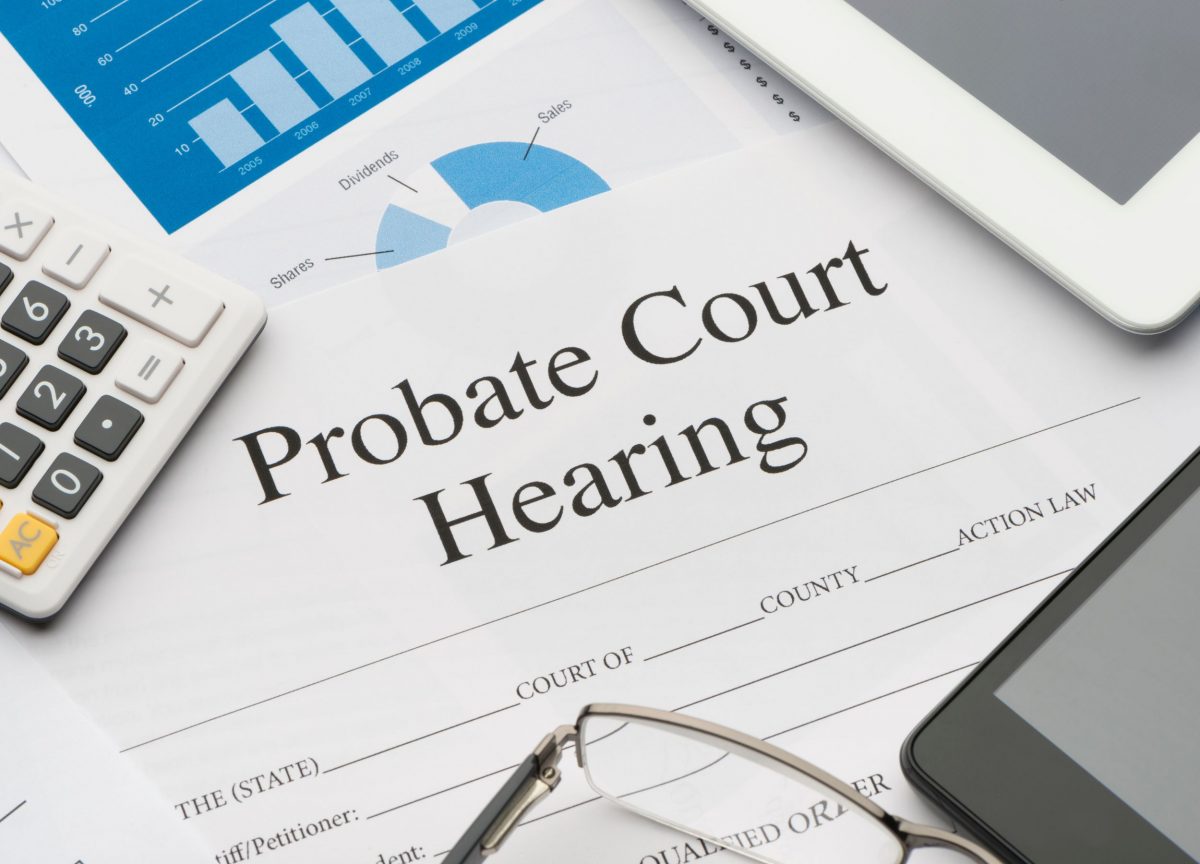When planning for your family’s future, the options can feel overwhelming. Should you get a will? Create a trust? And what happens if you do nothing at all? These aren’t just academic questions – your choices today will impact your loved ones tomorrow. In this second installment of a two-part Q & A series, I’ll break down the key differences between your primary estate planning options and explore practical ways to ensure your family is protected, no matter what the future holds. So, let’s dive in, beginning with a question about the basic estate planning documents.
Q: What is the difference between a will, living trust, and dying intestate? And what does that mean, practically speaking?
A: If you die without an estate plan, you do have a plan – it’s just the plan chosen for you by the state, and you may not like it. Your loved ones probably won’t like it because it means they’ll likely need to deal with a court process called “probate.” When you die without a will, it’s called dying “ intestate,” and it means that your assets are distributed according to state law after a process in which a judge decides who gets what. This could mean your assets would not go to the people you choose in the way you choose, and your family could face a lengthy, expensive, and public court process during an already difficult time.
A will is your basic instruction manual for what happens to your assets after you die, but it still requires your family to go through the probate process. While a will allows you to name guardians for your minor children and specify who gets what, your “executor” or “personal representative” must file the will with the court and potentially wait months or even years before receiving your assets. Plus, everything becomes public record – so anyone can look up what you owned and who got what, leaving the inheritors open to predators.
If you create a trust, your assets can be passed to the people you choose without a court process and completely privately. Think of a trust as a container that holds your assets during your lifetime. Then, upon your incapacity or death, a successor trustee you’ve named can step in to handle your assets, manage your affairs, and pass your assets to your chosen beneficiaries. With a properly funded trust, your beneficiaries could receive their inheritance within weeks or months instead of months or years.
Q: Is probate always required when someone dies?
A: The necessity of probate depends largely on how your assets are titled when you die and the total value of assets in your personal name at the time of your death. Assets solely in your name with no beneficiary designation must go through probate, and a Judge must order the distribution. Some exceptions: jointly owned property automatically passes to the surviving owner, assets with named beneficiaries (like life insurance policies and retirement accounts) go directly to those beneficiaries, and assets held in a properly funded living trust transfer according to the trust’s instructions, without court involvement.
These issues can be complicated and have a huge impact on your loved ones, so it’s important to work with a trusted advisor who can help you understand your goals, and then properly structure your assets to accomplish your goals, especially if you want to keep your family out of court and out of conflict. Keep reading to find out how I can help.
Q: What if I’m uncomfortable talking about death and money?
A: While it’s completely natural to want to avoid thinking about death and avoid talking about money, not planning for the reality of death or a possible incapacity before death can leave your loved ones with an expensive, time-consuming mess to clean up during what will already be an emotionally difficult time. Here’s what you absolutely must know: First, if you become incapacitated or die without a plan, the court will make all the decisions about your care and your assets according to state law, not according to what you would have chosen.
Second, if you have minor children and no estate plan, the court will decide who raises your children and who takes care of the assets you leave behind without your input. Think about that for a moment. A judge is a stranger to you and your kids, yet that’s who will decide your children’s future – who makes decisions about their education, health matters, and financial affairs. And, then, whatever you leave behind and whatever is left after the court process goes to your children when they turn 18 without protection (i.e., they’ll be free to spend it all as quickly as they want). If that concerns you, you need a plan of your own.
Third, your family will likely have to spend significantly more time and money dealing with your affairs if you don’t have a plan than if you had taken the time to create one. The good news is that making a plan doesn’t have to be overwhelming or uncomfortable—working with a trusted advisor who can guide you through the process step by step can bring you peace of mind, knowing you’ve taken care of the people you love.
Q: How can you minimize your family’s stress by handling these matters the simplest way possible?
A: The best way to minimize stress for your family is to create a clear, comprehensive Life & Legacy Plan before anything happens to you. Many people think creating an estate plan will be stressful, but lack of planning causes the most stress for families.
I make the process simple:
First, I help you understand what you own and what would happen to everything you own and everyone you love (including yourself) when something happens to you. Then, I support you to make informed, empowered choices about who should receive your assets, who should carry out your wishes, and how you want it all handled. Finally, I help ensure your plan will work when your family needs it by supporting you to review your plan regularly as your life changes and ensuring we maintain an updated inventory of your assets to ensure none of your assets are lost to the state due to oversight after your death.
Beyond creating the right legal documents, I’ll support you in other ways to make things easier for your loved ones. I’ll help you document specific wishes for personal items with sentimental value and have conversations with your loved ones about your choices so there are no surprises later. We’ll conduct a Life & Legacy Interview so you can pass on your values, insights, and stories – the intangible (and most important) assets that are often lost when someone dies. Most importantly, I will be there for your family when you can’t be there, to guide them through the process and ensure your wishes are carried out properly. This is the power of our Life & Legacy Planning® process.
How We Help You Create Peace of Mind
We understand that thinking about death and money can feel overwhelming. We’ve created a simple, step-by-step process to help you get your affairs in order and protect your family. Our Life & Legacy Planning process goes beyond just creating legal documents – we help you make informed decisions about your family’s future, keep your plan updated as your life changes, and ensure your wishes will be carried out properly when the time comes. Most importantly, we’ll be there for your family when you can’t be, providing the guidance and support they’ll need during a difficult time. You’ll gain peace of mind knowing you’ve done everything possible to make things easier for the people you love.
Contact us today to get started.
This article is a service of August Law, a Personal Family Lawyer® Firm. We don’t just draft documents; we ensure you make informed and empowered decisions about life and death, for yourself and the people you love. That’s why we offer a Life & Legacy Planning™ Session, during which you will get more financially organized than you’ve ever been before and make all the best choices for the people you love.
The content is sourced from Personal Family Lawyer® for use by Personal Family Lawyer® firms, a source believed to be providing accurate information. This material was created for educational and informational purposes only and is not intended as ERISA, tax, legal, or investment advice. If you are seeking legal advice specific to your needs, such advice services must be obtained on your own separate from this educational material.






